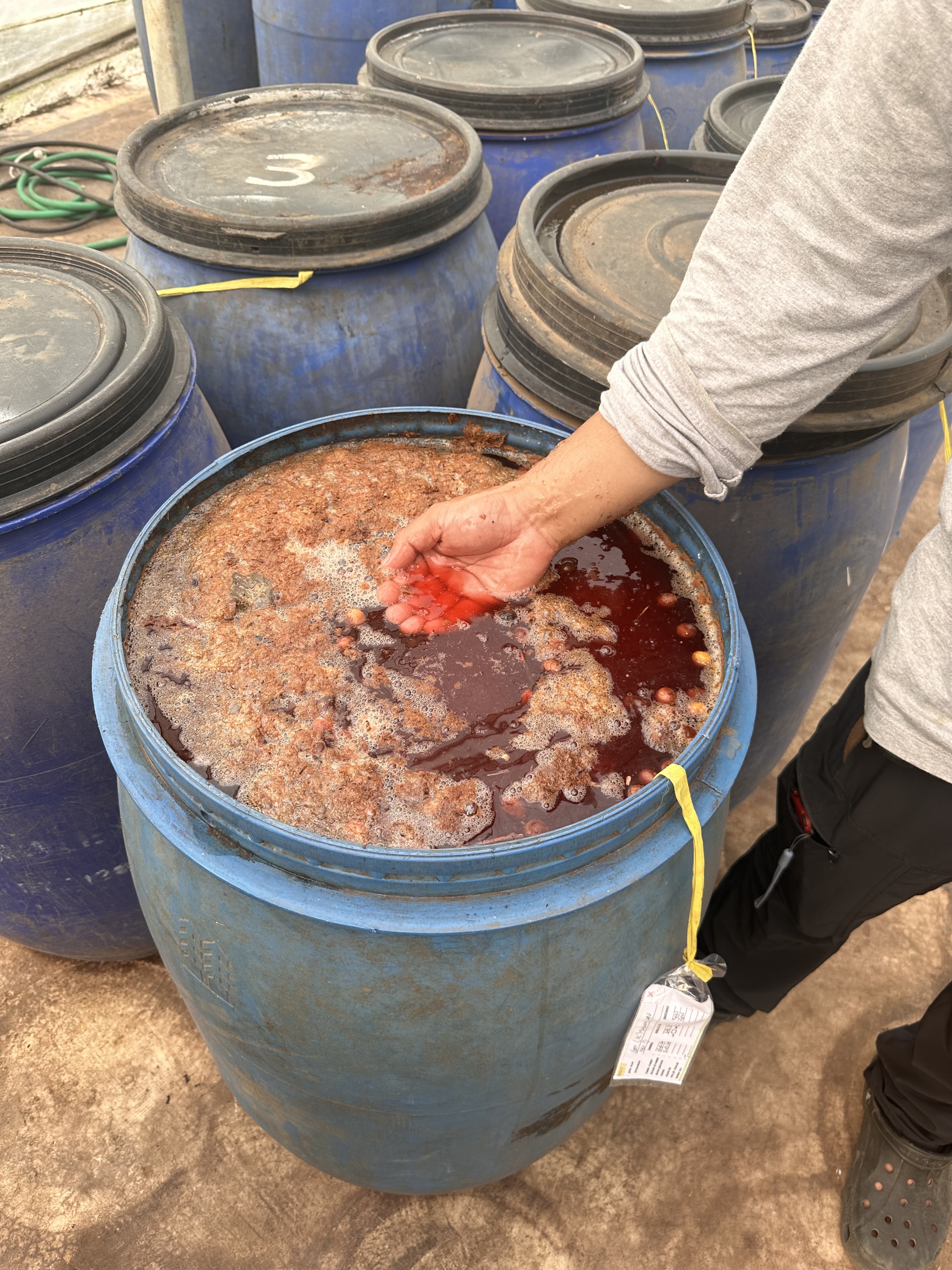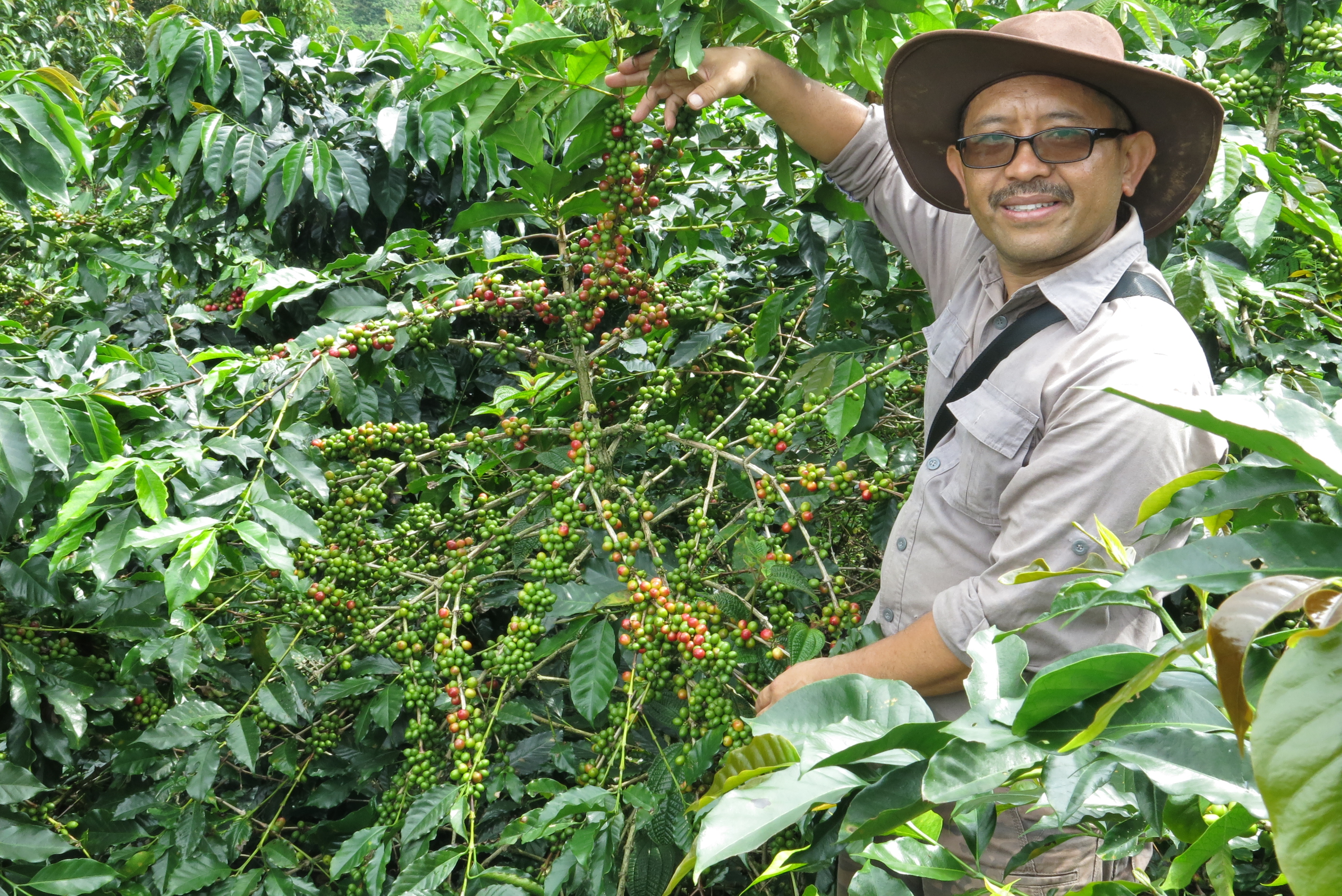What is Carbonic Maceration Coffee?
Carbonic maceration is a unique coffee processing method in which whole coffee cherries are placed in airtight tanks filled with carbon dioxide (CO₂). The absence of oxygen triggers intracellular fermentation inside each cherry before the pulp is removed. This fermentation can last anywhere from 24 to 120 hours, depending on the producer’s goals and desired flavour outcomes. By fermenting inside the intact cherry, carbonic maceration emphasizes fruity and wine-like characteristics, creating distinctive sensory profiles that differ from traditional washed or natural coffees.

Why carbonic maceration matters
This method has become a valuable tool for specialty coffee producers because it:
- Enhances fruity, wine-like aromas and flavours: Creates vibrant and expressive cups.
- Develops complex, layered profiles: Produces coffees with depth, sweetness, and a smooth, rounded mouthfeel.
- Supports differentiation in specialty markets: Enables producers to create signature micro-lots with unique sensory signatures that stand out in auctions, direct trade, or specialty competitions.
Carbonic maceration in Specialty vs. Commercial
Specialty: Carbonic maceration is primarily used to experiment with unique flavour expressions and micro-lot differentiation. However, outcomes can be highly variable, and even experienced producers sometimes face uncertainty about how fermentation variables will influence the final cup.
Commercial: This method is rarely used in commercial coffee due to its complexity, cost, and the difficulty of maintaining consistency across large volumes. The precise control required for predictable results makes it challenging to scale reliably.

Where Nordic Approach fits in
While carbonic maceration isn’t a process we actively work on sourcing and work with extensively, we stay informed about its development and cup potential. If and when we do source CM coffees, our focus is on evaluating quality and ensuring they align with our standards for traceability and profile clarity.
FAQ about Coffee Exporter
Q1: How does carbonic maceration differ from traditional fermentation?
A1: Unlike traditional methods, the cherries ferment internally in a low-oxygen, CO₂-rich environment, which emphasizes fruity and wine-like flavors.
Q2: What flavors can you expect from carbonic maceration coffee?
A2: Notes often include vibrant fruitiness, winey complexity, and enhanced sweetness with a smooth mouthfeel.
Q3: Why is careful handling important during carbonic maceration?
A3: Temperature, timing, and CO₂ levels must be carefully controlled to prevent over-fermentation and ensure consistent cup quality.
Read more about specialty coffee processing methods here in our article about Processing & Grading by Morten W. our Co-Founder and CEO.

